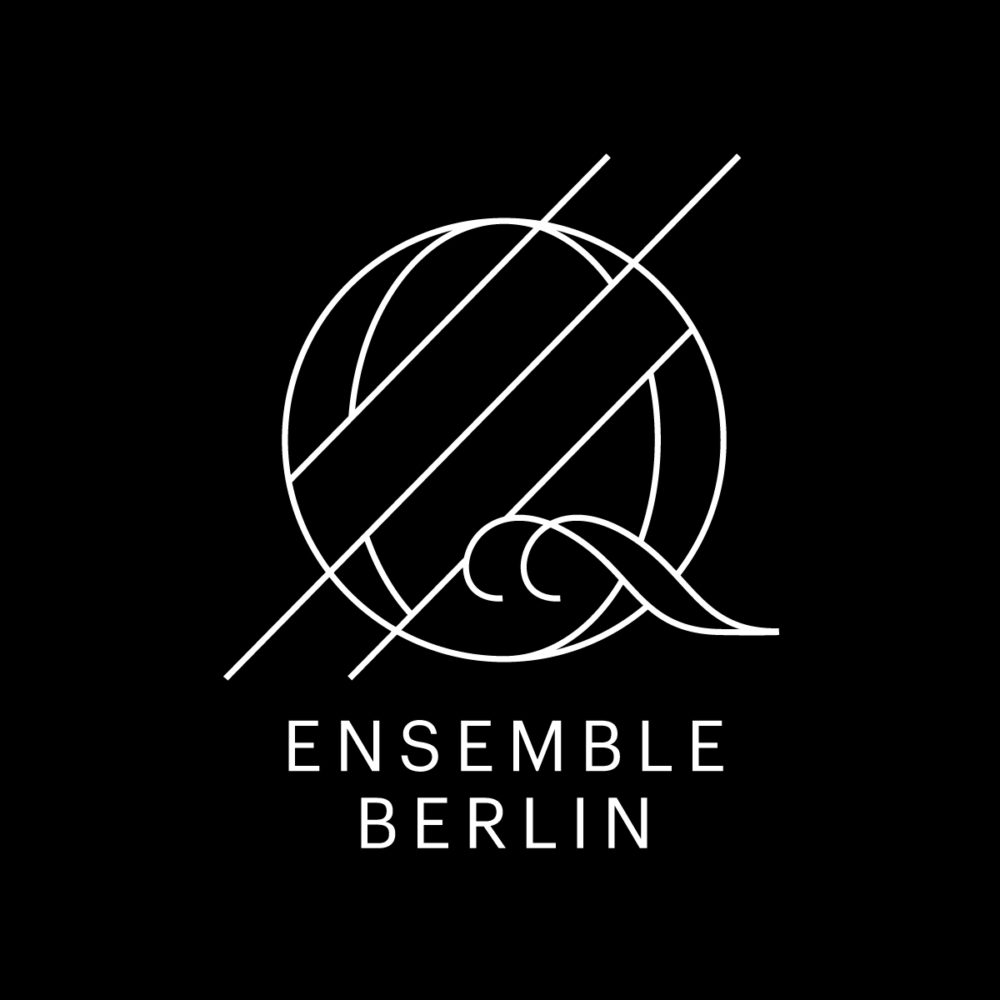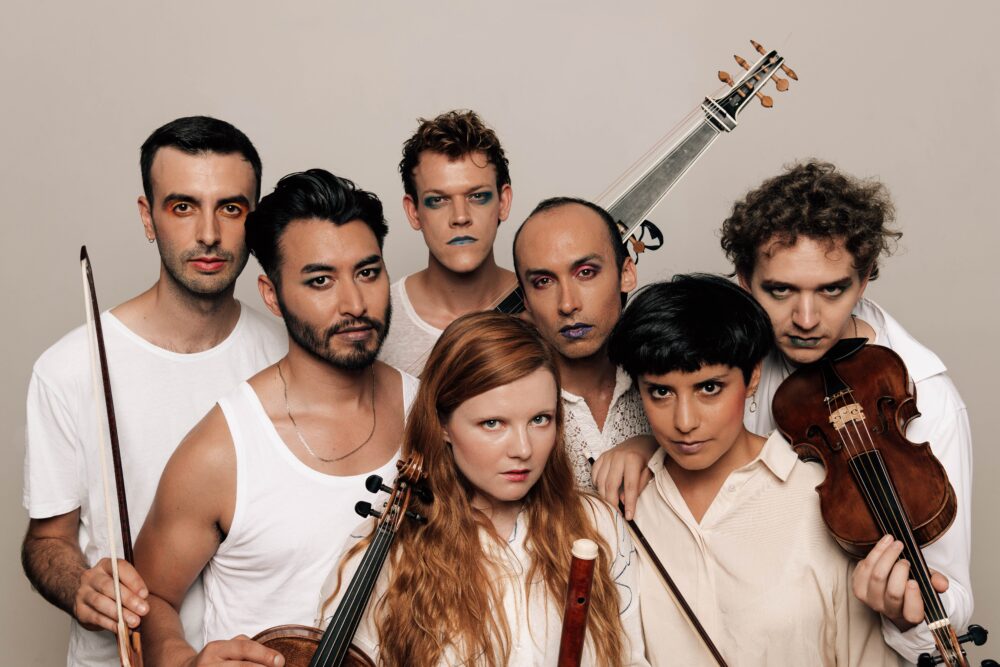
Edu Rojas Artistic direction
Dysphoria
https://www.altemusikfestfriedenau.com/dysphoria
Felipe Morales – Latin Percussion
31 oder Die Macht der Liebe
First movement (Preludio, Recitativo) of 31 oder Die Macht der Liebe (2021) composed by Andreas Arend (*1973) based on G. F. Handel’s cantata Mi palpita il cor HWV 132c
(commissioned by the Q Ensemble)
Crossing Borders
Cessate, omai cessate!
Hear the whole cantata here, in our YouTube playlist:
Love yet again
Love yet again
September 8th and 9th 2022 – Theater im Delphi, Berlin
Love, always love. No concept has been sung about and described more in cultural history. And yet, to this day, love is the phenomenon that we are probably least able to explain. The Q Ensemble Berlin takes the challenges of love as its main theme in the music-theatrical concert “Love yet again – (Noch) eine Liebesgeschichte”. Here, together with sound artist Alois Späth, the young artists venture into baroque worlds with music by Handel, Vivaldi and Scarlatti, as well as by German composer Andreas Arend.
Q ENSEMBLE BERLIN
Edu Rojas, countertenor
Liane Sadler, traverso
Leopold Nicolaus, Sophie Longmuir, violin
Ian Carlos Herrera, viola
Mikel Elgezabal, cello
Leon Jänicke, theorbo
Valentina Villaseñor, harpsichord
Alois Späth, soundscape, electronics
Edward Ananian-Cooper, musical direction
Carlo Nevio Wilfart, stage direction
Linda Tiebel, costume design
Charles Juchler, make up
Edu Rojas & Valentina Villaseñor, concept, artistic direction
Q ENSEMBLE BERLIN
The Q Ensemble Berlin is an international group of musicians that came together in 2019 in the inspiring chaos of the German Capital. Their primary goal is an innovative interpretation of Early Music, in the form of collaborations with artists from other disciplines (theater, video, dance) as well as through the thematic links they establish between the repertoire of the past and the present world.
From the outset, the Ensemble has placed particular emphasis on the experimental, explorative nature of their concerts. They work to combine aesthetic enjoyment with a critical reflection of the performance practices of the past, which are a product of specific historical and cultural circumstances. Through this historically informed approach, the Q aims to access a new layer of understanding the repertoire of the 17th and 18th centuries, and in doing so speak about topics that concern contemporary society, reinventing the way this music is presented.
The musicians of the Q Ensemble have specialized in Early Music at leading European institutions such as Schola Cantorum Basiliensis, Universität der Künste Berlin, Conservatoires of Den Haag and Amsterdam, and CNSMD Paris, and have played in renowned orchestras in the field such as the Akademie für Alte Musik Berlin, Collegium 1704, Anima Eterna Brugge, Orchestra of the Age of Enlightenment and Holland Baroque. Members of the Q have had the opportunity to perform with such recognized musical authorities as Sigiswald Kuijken, Midori Seiler, Jos van Immerseel, Vaclav Luks, Richard Egarr, Kate Clark, and Michael Chance, and work with stage directors such as Pierre Audi, Alexander Oliver and Andrea Raabe. The Q members also associate with other projects in which they deepen their own individual interests, such as organizing the Alte Musik Fest Friedenau, leading the young early music orchestra Weimar Baroque, teaching at the Opera Studio and the Conservatory of Amsterdam, building and researching the history of the clavichord and exploring its future, combining the lute with electronic generated sounds, performing and researching music by lesser-known historical female composers, and collaborating together with a DJ to explore the baroque cello under a different light.

© Jeremy Knowles
